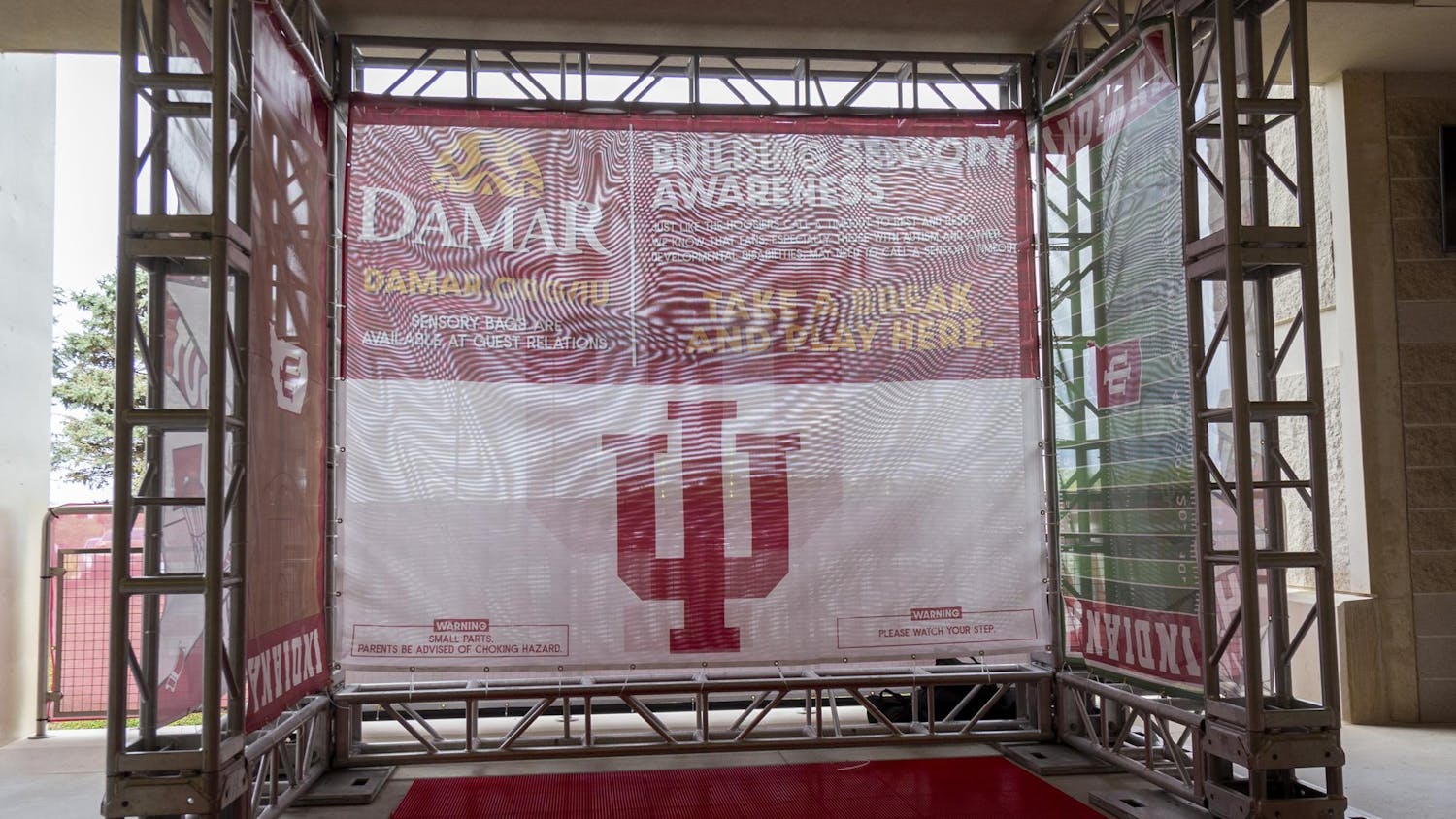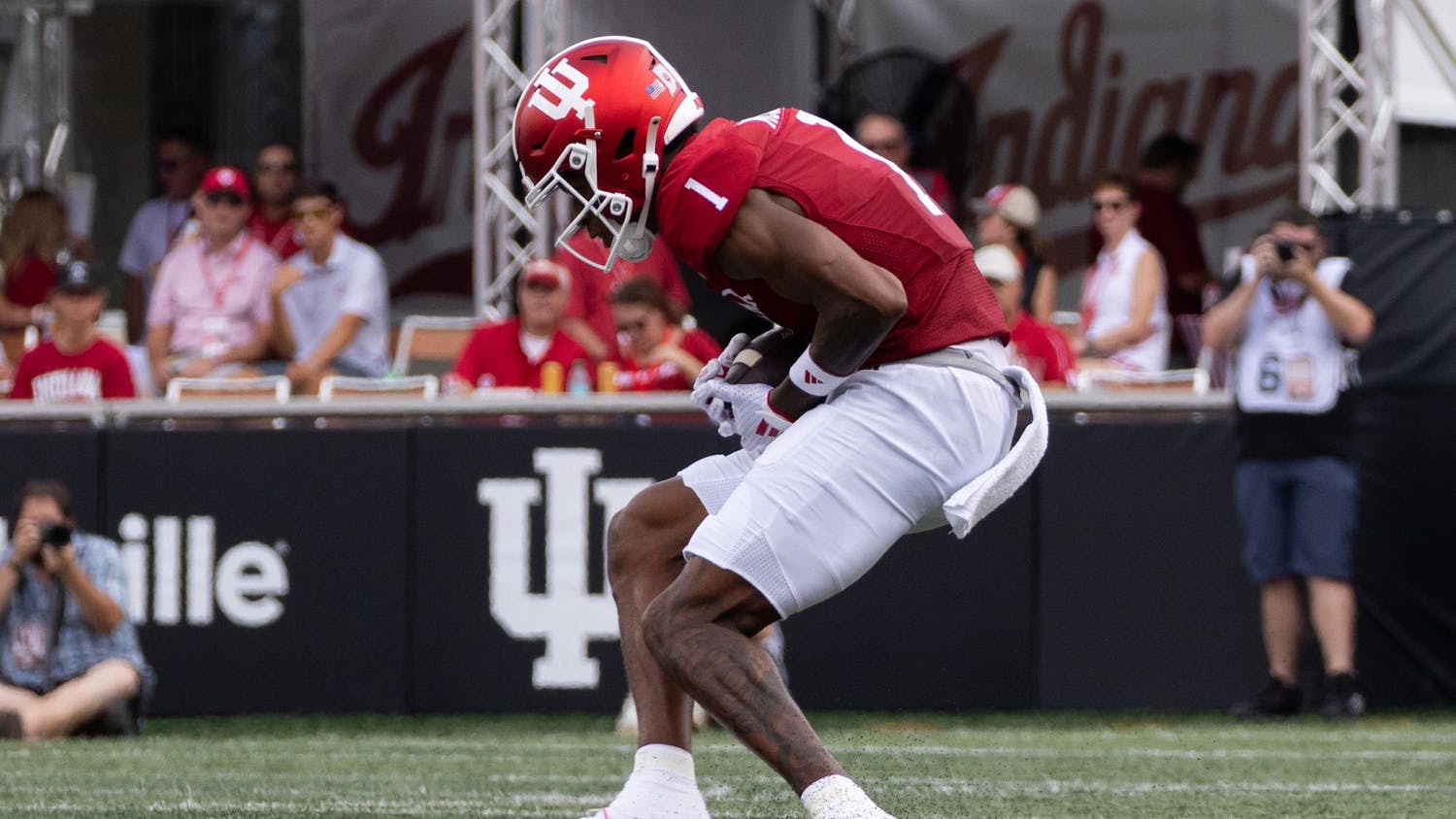If there’s anyone left who still thinks Major League Baseball is America’s pastime, they need to check again. In today’s America, the National Football League is king.
Look at revenue alone — the NFL is head-and-shoulders above every league in the country, with a $4 billion advantage in total revenue last year versus the next closest league in the MLB.
For TV revenue, the discrepancy is just as large at $5 billion, again a $3.5 billion advantage versus the rest of the major sports leagues. It raked in more viewers last year than the MLB, NBA, NHL and MLS combined.
The Super Bowl is the most-watched event on television every year. Even the corniest advertisements are treated like something worth attention. Its prestige prevents you from realizing you spent eight hours of your Sunday grabbing beer and watching superhuman millionaires slam into each other.
To say the NFL is struggling at this point is silly. The league has its own network and more merchandising and branding opportunities than Bob Marley in Jamaica. It’s a money-making machine.
In February, the NFL announced CBS would get exclusive rights to eight early-season games to air Thursday nights. CBS will also receive the Thursday night games that air late in the season on NFL Network, along with a double-header for Saturday in week 16 of the season.
Though this seems like a solid idea at first, some believe the expansion of TV coverage could damage the NFL’s product in the long run. Dallas Mavericks owner and IU alumnus Mark Cuban, for instance, had some pretty strong words about NFL’s direction.
“I think the NFL is 10 years away from an implosion,” he said. “When pigs get fat, hogs get slaughtered. And they’re getting hoggy. When you try to take it too far, people turn the other way.”
It’s easy to dismiss Cuban at first. After all, he owns an NBA team, so he’s a little biased. On the other hand, he makes a good point.
This expansion could lead to over-saturation of the NFL’s market. To put it simply, one of the biggest assets the league has is the fact they only play 16 regular-season games per year, effectively turning Sundays into an event where many Americans plant themselves in front of a television for hours on end watching nothing but football.
The movement toward more games on weekdays could tarnish the “magic” around Sundays during the fall and winter, especially since weekday games invariably draw lower viewership than Sunday games.
Couple that with 24/7 sports coverage and daily programs on ESPN like “NFL Live,” and the viewer base might feel inundated with the sport to a point where interest begins to decline.
Athletes and teams alike are forced under a microscope, especially with the advent of fantasy football, which makes stories out of mundane injury reports and fills the airspace with white noise.
Even at this time of the year, during the offseason and before the draft when not much happens, we never get a break. Player stock rises and falls based solely on media speculation. We keep hearing about the long-term physical dangers of playing professional football. It’s a national story whenever a player gets into legal trouble.
The NFL may be poised at the top of America’s sports world now, but it’s got to be careful — for such a fat bird, that is one precarious perch.
aknorth@indiana.edu
NFL heading toward treacherous waters
Get stories like this in your inbox
Subscribe





